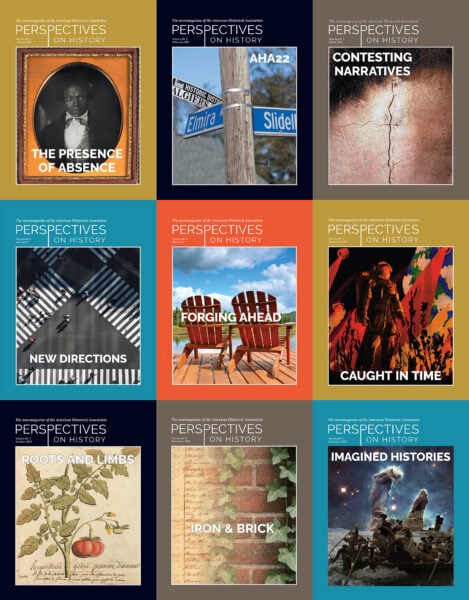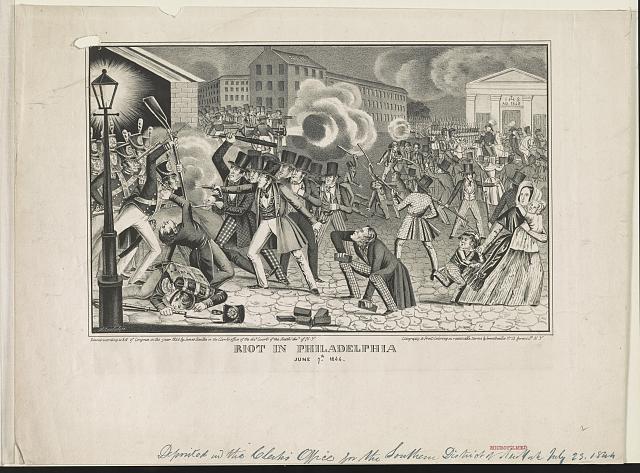In 2022, Perspectives on History continued to showcase the vital work that historians do and expanded on conversations within the discipline. Perspectives updated educators on the continuing debates over social studies standards and sought to encourage teachers through pieces on historiography in the K–12 classroom, National History Day, and adapting the classroom to student needs. We went global, into the archives of Temacapulín, the peach orchards of China, and postcolonial interpretations of Bridgerton. As always, we also included personal reflections from historians on experiences as varied as being a trans grad student, applying for academic jobs abroad, and attending an online MA program. We even started some new projects: this summer, we challenged readers to participate in #AHAReads, and at the close of the year we launched the Long Overdue project to memorialize historians of color overlooked by the AHA, starting with W. E. B. DuBois.

The nine print issues of Perspectives on History covered topics related to teaching, divisive concepts, slavery and US universities, science fiction and fantasy, and more.
As we look forward to the new year, the Perspectives team offers a list of the articles that resonated most with readers from each month. Enjoy this look back on popular articles from 2022.
January
The Ohio River by Tiya Miles
When the river freezes, lives change.
February
The Danger of a Single Origin Story by Emily Sclafani
Historians know that history is multifaceted. But how do we teach that fact to students, and how will they react when we do, particularly in the midst of current culture wars?
March
Helping the Tired, the Poor, the Huddled Masses by Grace Argo
History students help attorneys with asylum cases in the University of Michigan’s Immigrant Justice Lab.
April
On the Ordering of Affairs by David MacLaren McDonald
Even when it’s an easy decision, a professor’s retirement is a process that requires planning.
May
The Emperor’s Right Hand by David Alan Parnell
Once you go down a YouTube rabbit hole, you never know where you’ll end up.
June
We Have Always Been Global by Noah Ramage
In the 19th century, Native American nations were early pioneers in constitutional democracy.
July
Frightened by Linda K. Kerber
After more than 50 years as a historian, Linda K. Kerber worries about the future of legal protections in the United States.
August
The Anthropocene by Lorenzo Kamel
If you find out that you are not the center of the universe, keep working at it until you are.
September
Bodies of Knowledge by Samuel J. Redman
Museums that hold collections of human remains from the past face ethical questions today.
October
Land Acknowledgments by Elizabeth Ellis and Rose Stremlau
Treating the practice of land acknowledgment seriously requires more than just getting the names right.
November
From Contingent to Tenure Track and Back Again by Sarah Handley-Cousins
Sometimes life gets in the way of a career.
December
Library Legacies by James M. Banner, Jr., and Jamil S. Zainaldin
Accumulating a library is one thing; getting rid of it is another.
This work is licensed under a Creative Commons Attribution-NonCommercial-NoDerivatives 4.0 International License. Attribution must provide author name, article title, Perspectives on History, date of publication, and a link to this page. This license applies only to the article, not to text or images used here by permission.



